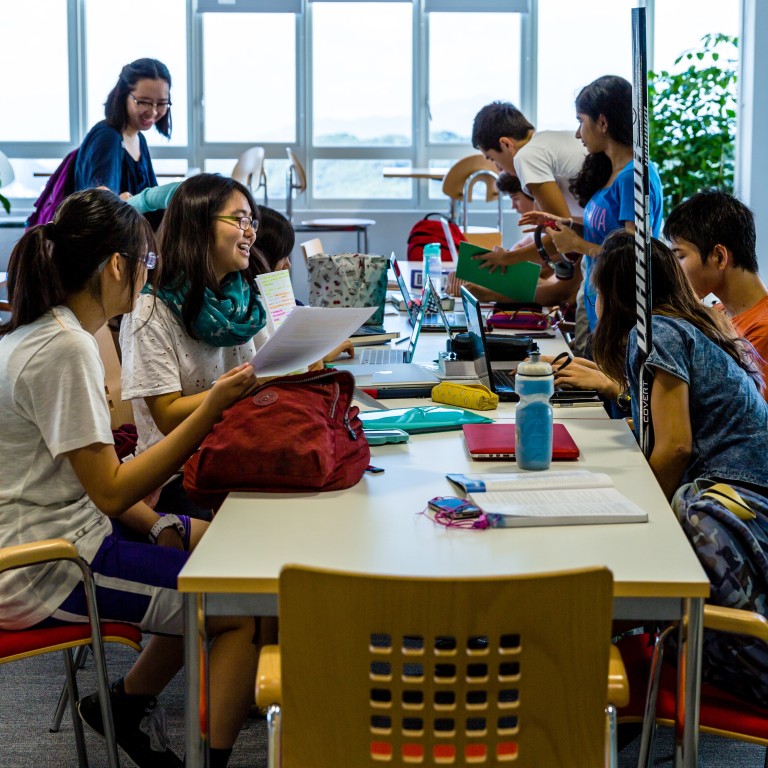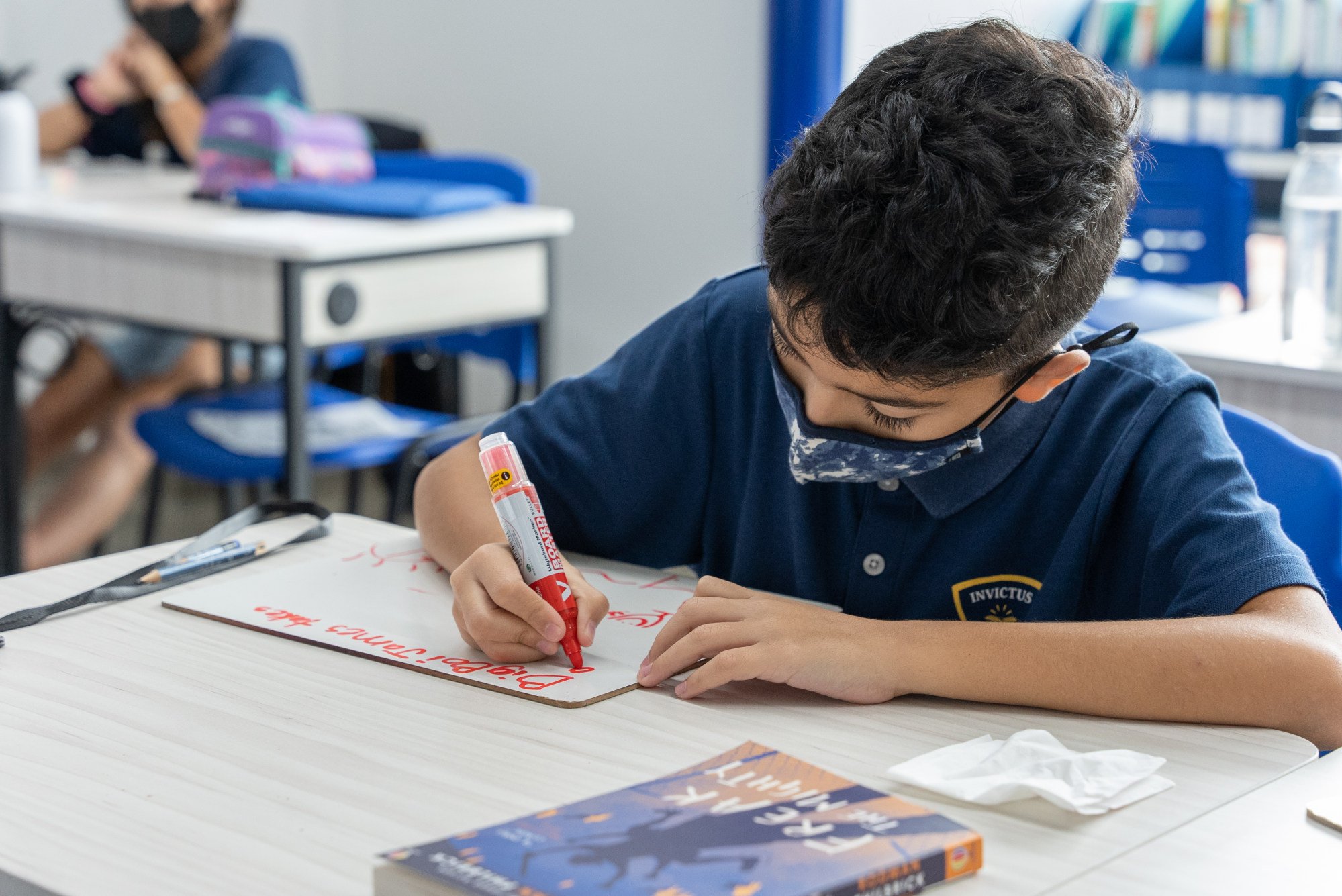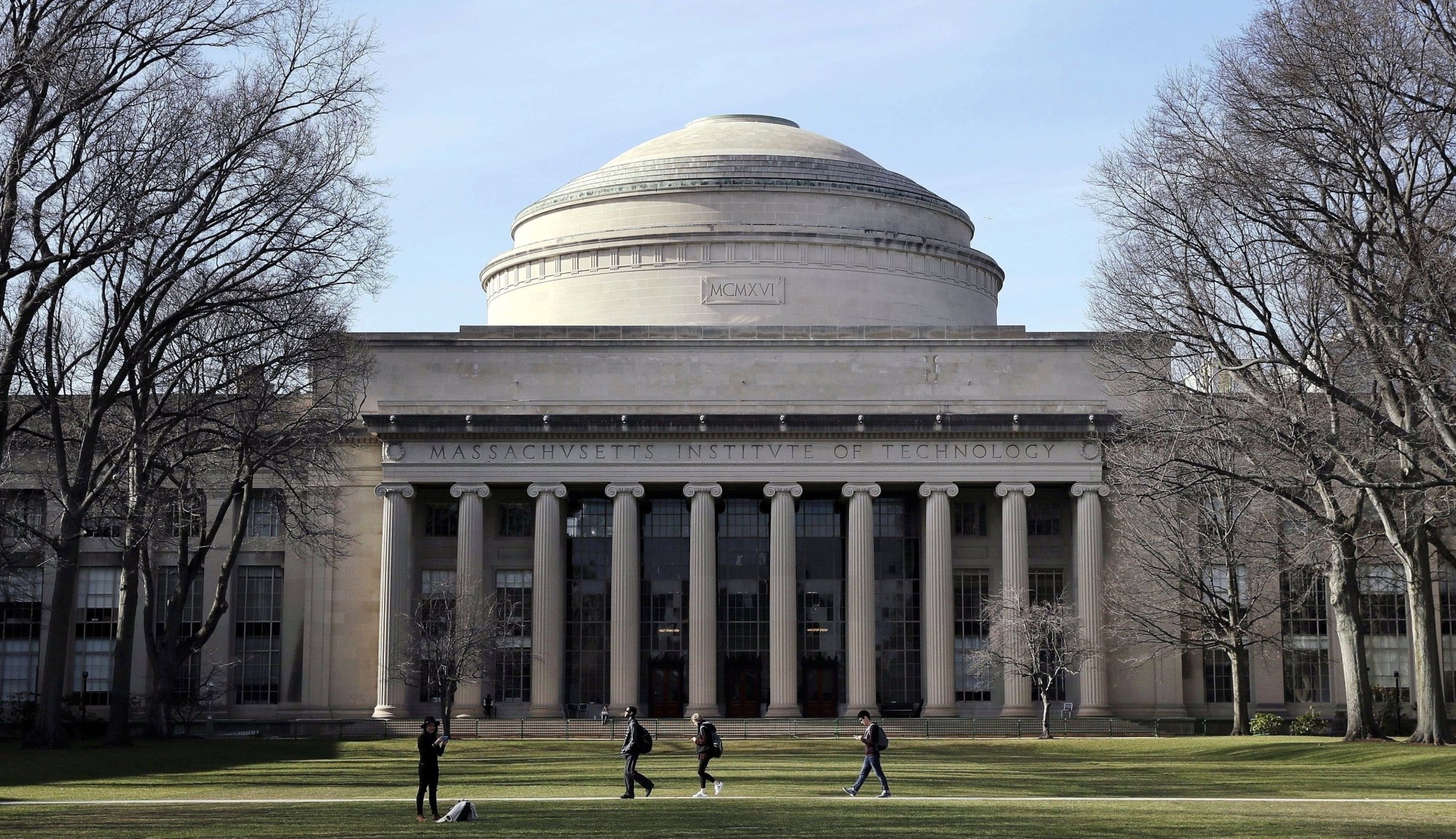
Grades just the beginning to get into university: how Hong Kong international schools are adding extended essays and vocational training to their curricula to make sure your kids don’t miss out
- The IB Diploma Programme, UK-based A-levels, and the international version of the national curriculums of France, Germany, Australia and the US are all options in the city’s international schools
- Malvern College offers the IBDP while German Swiss International has the Deutsches Internationales Abitur too and the Canadian international has the Ontario Secondary School Diploma
Choice of curriculum figures high on the list of questions most parents want to explore when assessing the relative merits of international schools in Hong Kong. During their research, they will typically size up everything from the teaching of STEM subjects and languages to the classroom time given to music, art and design.
But what they are really looking for is reassurance on two counts: that their children will not “miss out” in any significant way and that, in the senior years, the chosen curriculum creates a clear pathway to university places and opportunities beyond.
Aware of that, leading schools have become expert in setting out the plus points of the IB Diploma Programme (IBDP), UK-based A-levels, and the international version of the national curriculums of France, Germany, Australia and the US.
There is no doubt that each serves its purpose, judging by the high overall rate of acceptance at top universities around the world, even during the pandemic disruptions of the past few years.

But the spirit of friendly rivalry means that every school continues to push for improvements. They are fine-tuning where necessary, incorporating new elements, keeping an eye on the competition and, all the time, remaining alert to what college admissions teams now look for in candidates.
Good grades are just the start
“For prestigious universities, it used to be grades, grades, grades – but that is no longer the case,” says Dr Robin Lister, founding headmaster of Malvern College Hong Kong, which offers the IBDP for its depth and breadth. “Pupils concentrate on a limited number of higher and standard subjects, thus keeping their options open and ensuring their education is both specialist and broad. This leads to more well-rounded individuals and, in practice, means that later on you have a doctor who can talk about art, an architect with an interest in geography, or a linguist who is familiar with maths.”
In his view, a particular strength is the requirement to write a 4,000-word extended essay, which stands as a first piece of “proper” research. The chosen topic often comes up as an opener in university interviews and the process involved is widely seen as useful preparation for studies at tertiary level. For the essay, students can write about anything – an examination of a specific author’s contribution to late 20th century literature, the use of enzymes in modern industry, or a comparison between baroque music and the traditional music of Africa.
The IBDP also includes a compulsory theory of knowledge course which covers key aspects of philosophy and epistemology, as well as the need for critical thinking and to question what they are taught.
“This is an excellent start for any university course,” Lister says. “Pupils learn to see connections between disparate subjects, to apply knowledge, be willing to engage, and to go beyond the confines of one particular approach.”
Pupils learn to see connections between disparate subjects, to apply knowledge, be willing to engage, and to go beyond the confines of one particular approach
In recent years, he notes, universities elsewhere are following America’s example by looking for more than academic excellence and wanting to see personality, drive, ambition and how candidates have contributed to their school and community, perhaps through involvement in charities or coaching younger pupils.
“Work experience is now increasingly important for a wide range of courses – law, architecture, science and technology,” Lister says. “When applying, don’t spend too much time writing about sporting achievements or holiday travel unless it’s directly relevant to the course. And remember that a ‘faultless’ personal statement might give the impression it has been written by someone else.”
Case Study: German Swiss International School
To meet the same broad objectives – high-quality education and unlimited opportunity – the German Swiss International School (GSIS) offers both the IBDP and the Deutsches Internationales Abitur (DIA).
Both final diplomas are recognised globally, but the curriculum for the latter qualification, which is overseen by the German government, has been carefully designed to provide an excellent foundation in languages, sciences, mathematics and the arts. Because there is no early specialisation, students can explore different interests for longer by doing 10 subjects. And to give them real-life experience of the workplace, at least one week of vocational training is now an integral part of the syllabus.
“DIA graduates are bilingual and proficient in one of Europe’s most widely spoken languages,” says Grit Cichon, GSIS deputy principal and head of the German international stream. “Those who wish to pursue further academic studies at any German university can get an education-related resident visa and free tuition. And, for admissions, the more holistic approach of German universities means that grades matter as much as the individual’s portfolio of extracurricular skills.”
According to Simon Misso-Veness, deputy principal and head of the English international stream at GSIS, the school decided to add the IBDP around 10 years ago. It has proved successful in broadening the appeal for a more internationally minded body of students and parents. It also fits well alongside the DIA in developing independent thinkers who focus on the five key approaches to learning and the 10 attributes that make up the IB learner profile.

In addition, with all the talk these days about STEM, it is worth noting that these subjects have long been established as core pillars in both GSIS streams and consistently been updated too as science and technology moves forward.
“Schools should be reviewing their curriculum regularly to consider how these subjects may relate in an interdisciplinary way,” Misso-Veness says. “The days of teaching in boxes are fast disappearing.”
Case Study: Canadian International School of Hong Kong
At the Canadian International School of Hong Kong (CDNIS), there is a variation in that almost all senior students finish with a dual diploma. One is the IBDP, the other the Ontario Secondary School Diploma (OSSD), and having both is seen as advantageous for university applications. It also reflects the diverse aspects of the school’s identity found in its name, something further reinforced by a comprehensive Mandarin programme for all grades and active student involvement in local community-based initiatives.
“Central to our mandate is to provide a future-ready education,” says Dr David Butler, upper school principal at CDNIS. “Our investment in design, robotics and science programmes is testament to this. However, we also believe that students should balance STEM subjects with physical health, the creative arts and character education. The world needs scientists and technicians who are also ethical and share a sense of common humanity.”
With regard to next steps, the general aim is to produce graduates who will fulfil their potential and “add value” to a university, wherever they choose to enrol.
“But it is important to understand that now there is no such thing as a ‘typical’ applicant,” says Dr Chantelle Jackson-Boothby, CDNIS director of university and college counselling. “[Admissions offices] look for evidence of maturity, leadership, concern for others, and they seek to identify students who will both inspire and be inspired by others during their university years and beyond.”
All of our students get into one of their first-choice universities, as a result of a programme which ensures we find the best-fit choices for each individua
She adds that there may be a misconception about the supposed preference for well-rounded applicants. More usually, universities are actually more interested in what makes candidates unique, whether through academic achievements or extracurricular interests, and how these experiences have shaped their development and sense of service.
“Everything changed in higher education admissions as a result of the pandemic,” Jackson-Boothby says, noting that one of the biggest impacts can be seen in the undergraduate admissions process in the US. “The standardised testing landscape has evolved there, with few colleges now requiring it and the vast majority continuing to adopt a ‘test-optional/flexible’ or ‘test-blind’ policy even for the coming admissions cycle.”
Evolving situation
To help clarify the whole process for prospective applicants, Nord Anglia International School Hong Kong (NAISHK) has instigated a well-received “fireside Fridays” programme. This allows staff to take a more informal, personalised approach to offering advice on topics ranging from researching university courses and acing Ivy League applications, to getting part-time jobs, taking a gap year, career options, changing courses and even student activism.
There is also a series of “teatime talks” where university representatives speak exclusively to the NAISHK community and, for example, take questions about how the IBDP’s CAS (creativity, activity and service) module is viewed and what else is needed to stand out from the crowd.
“All of our students get into one of their first-choice universities, as a result of a programme which ensures we find the best-fit choices for each individual,” says higher education and CAS coordinator Susan Holt.
Others, of course, such as Invictus School Hong Kong, favour the IGCSE curriculum leading to A-levels. It might require fewer subjects – three or four – in the final two years, but supporters emphasise the greater focus, long history, and the fact that many educators still regard A-levels as the “gold standard”.
More recent modifications mean students can also do a Cambridge Board inquiry-based International Project Qualification, or IPQ, which entails writing a research paper on a chosen topic outside their usual subject areas. Furthermore, an intermediate AS qualification, taken in the penultimate year, is a good gauge of progress and generally carries more weight than a projected grade for university applications.
“In my experience, universities will look at each applicant in their own context and not prefer one over another based on the curriculum that their school happens to offer,” adds Martin Campion, founder and senior adviser of Campion College Consultancy. “Recognise too that straight A*s at A-level or 40+ on the IBDP do still impress, but only get you into the ballpark for highly selective universities. They increasingly use their own assessment tests, in addition to interviews, to make their admission decisions. Also, colleges that do look closely at achievement beyond the classroom now look for sustained and exceptional involvement in one or two areas, not the all-rounder profile.”
